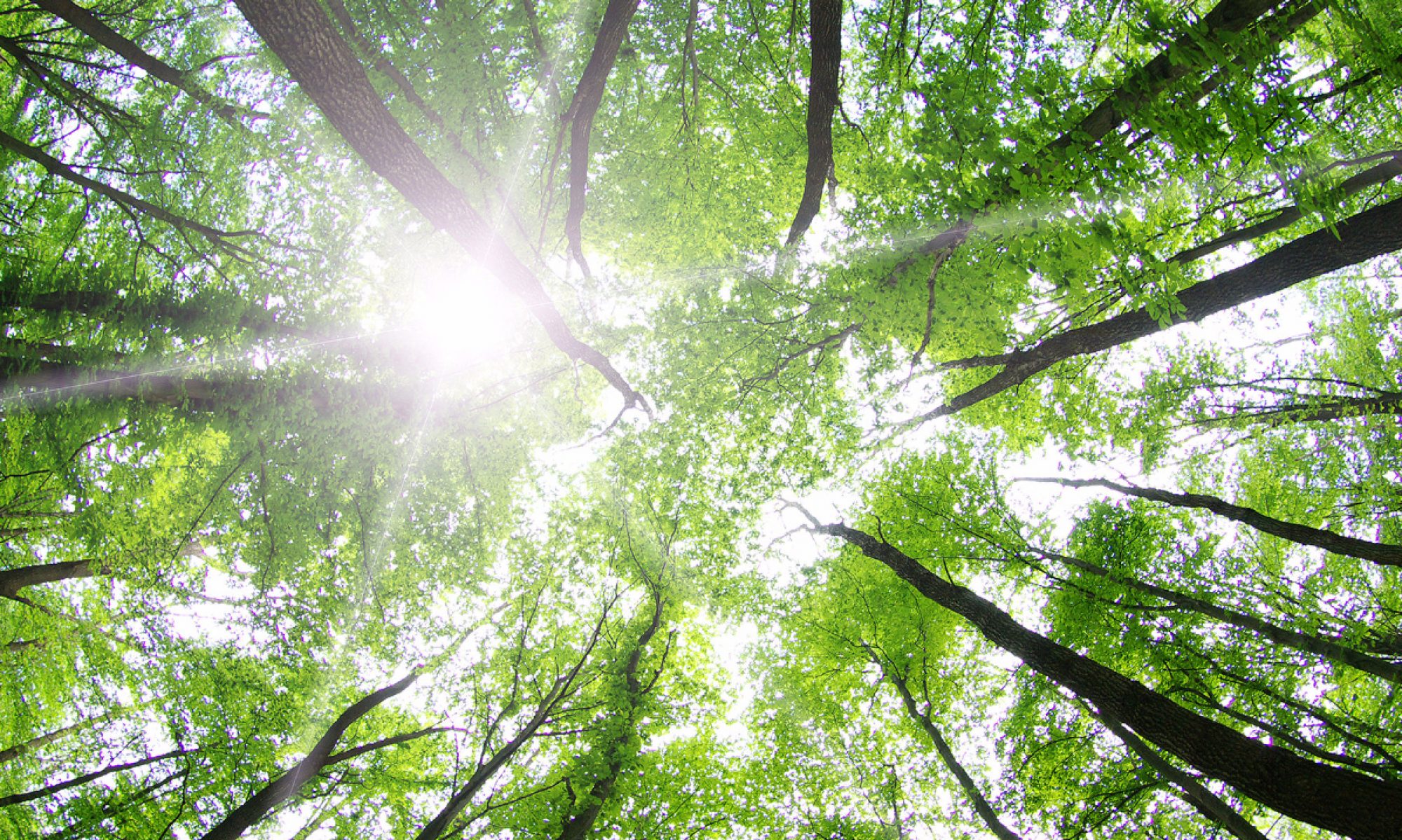In the journey of addiction recovery, the healing power of nature has emerged as a profound and transformative influence. Beyond traditional therapy settings, the outdoors provides a therapeutic sanctuary that can significantly impact individuals striving to overcome addiction. This article explores how nature serves as a catalyst for healing, offering a unique and invaluable source of support in the recovery process.
- Escape from Urban Constraints:
Nature provides a sanctuary away from the stressors of daily life, especially those prevalent in urban environments. The serene landscapes, open spaces, and calming natural elements allow individuals in recovery to escape from the pressures and triggers of their previous environments. This escape can be a vital aspect of recovery, offering a fresh perspective and a break from the cycle of addiction.
- Mindfulness and Presence:
Immersing oneself in nature encourages mindfulness and presence in the moment. The sensory experiences of the outdoors, from the rustling of leaves to the sound of flowing water, engage the senses and ground individuals in the present. Mindfulness, a core component of many addiction recovery programs, finds a natural ally in the tranquility of nature, fostering self-awareness and a deeper connection with the surrounding environment.
- Physical Activity and Well-being:
Engaging in physical activity is a fundamental aspect of a healthy lifestyle and a key component of addiction recovery. Nature provides a dynamic and inviting setting for various physical activities, from hiking and cycling to yoga and meditation. Physical exercise not only contributes to overall well-being but also releases endorphins, promoting a positive and natural way to combat the emotional challenges of recovery.
- Sense of Accomplishment and Routine:
Participating in outdoor activities often involves setting goals and achieving them, fostering a sense of accomplishment. This can be particularly meaningful in the recovery process, as individuals experience success in a different context. Establishing a routine of outdoor activities creates structure, discipline, and a positive framework for daily life, which are essential elements in maintaining sobriety.
- Community and Connection:
Nature facilitates a sense of community and connection, both with others and with the natural world. Group activities in outdoor settings promote a shared sense of purpose and camaraderie among individuals in recovery. The shared experiences in nature can strengthen social bonds and create a supportive network, reducing the feelings of isolation often associated with addiction.
- Symbolism and Metaphor:
Nature’s cycles and transformations provide powerful symbolism for individuals in recovery. Witnessing the change of seasons, the growth of plants, or the resilience of wildlife can serve as metaphors for personal growth, renewal, and the possibility of transformation. Nature becomes a tangible reflection of the recovery journey, inspiring hope and resilience.
- Reducing Stress and Anxiety:
Nature has a calming effect on the mind and body. Exposure to natural environments has been linked to reduced levels of stress and anxiety. For individuals in recovery, who may face heightened stressors, the therapeutic qualities of nature offer a reprieve, fostering emotional balance and mental well-being.
Conclusion:
Nature’s transformative influence in overcoming addiction extends beyond the traditional confines of rehabilitation centers. The outdoors provides a holistic and enriching environment that addresses various dimensions of well-being. By embracing the healing power of nature, individuals in recovery can find solace, inspiration, and a renewed sense of purpose. Integrating nature into addiction recovery not only enhances the therapeutic process but also lays the foundation for a sustainable and fulfilling life beyond the challenges of addiction.
